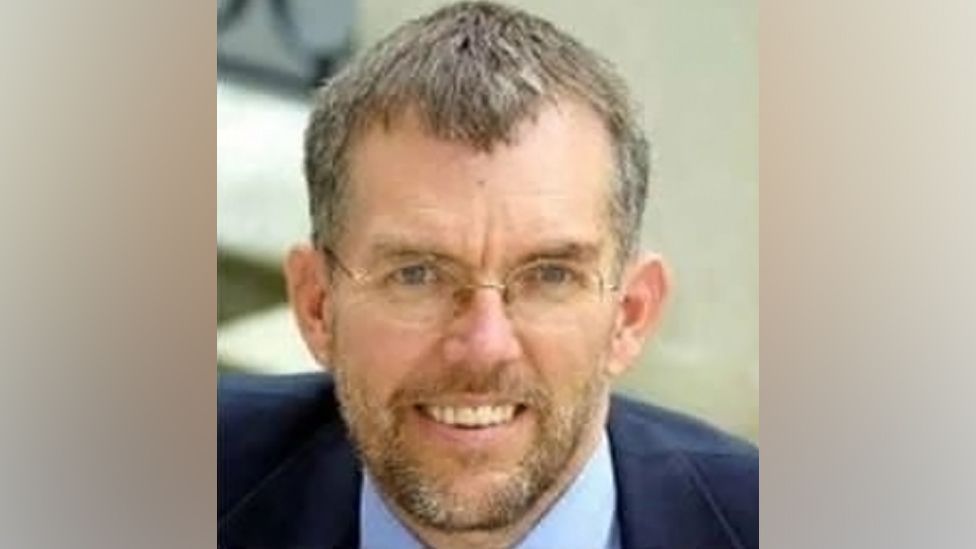British National Stunned by Nigerian Claims of Coup Plot and Fugitive Status
3 min read

A British citizen, Andrew Wynne, has expressed confusion and disbelief after Nigerian authorities accused him of plotting to overthrow the Nigerian government and placed a substantial bounty on his head. According to a statement from Nigeria’s police spokesperson on Monday, Wynne and an alleged accomplice had supposedly established a network of sleeper cells aimed at destabilizing the country. The accusations follow recent cost-of-living protests that have swept across Nigeria.
In a response from the UK, Wynne, who also goes by the name Andrew Povich, stated that he was completely unaware of any such allegations and is open to discussing the matter with Nigerian officials. He emphasized that he has been running a bookshop in Abuja, Nigeria’s capital, for the past 25 years without encountering any legal issues.
The Nigerian police have announced a reward of 10 million naira (approximately $6,000 or £5,000) for information leading to Wynne’s arrest. An equal reward has been offered for details about his alleged Nigerian co-conspirator, Lucky Obiyan. Wynne has expressed his willingness to engage with the authorities, suggesting communication via WhatsApp or Zoom, or even meeting with officials from the Nigerian High Commission in London.
The timing of Wynne’s declaration as a fugitive coincided with the indictment of ten Nigerians charged with treason for their involvement in recent protests, which have been referred to as “10 days of rage.” These protests, primarily organized through social media and supported by trade unions, turned violent in several locations, leading to clashes between demonstrators and security forces. While police report at least seven deaths, human rights organizations estimate the toll at 23.
The accused individuals, who appeared in a federal high court on Monday, face charges including treason, public property destruction, and assaulting police officers. The court documents also allege that these individuals were collaborating with Wynne.
Further details emerged from police spokesperson Muyiwa Adejobi, who claimed that Wynne had rented a space at Abuja’s Labour House, the headquarters of the Nigeria Labour Congress (NLC), which is the country’s main trade union federation. Adejobi also alleged that Wynne had established a school as a façade to further his purported efforts to overthrow President Bola Tinubu’s government.
Wynne has refuted these allegations, insisting that he was unaware of any charges against him and that he has operated his bookshop at the NLC offices in Abuja for seven years without attracting any attention from security forces. He described the accusations as unfounded and expressed his willingness to clarify the situation with Nigerian authorities.
The recent protests that triggered these accusations began in August and escalated into violence, with significant clashes between demonstrators and security forces. The situation has heightened tensions and stirred controversy, both within Nigeria and internationally.
In summary, Andrew Wynne’s bafflement over the allegations and his status as a fugitive highlights the complex and often opaque nature of international legal and political disputes. His longstanding presence in Nigeria and his openness to resolving the issue with Nigerian authorities stand in stark contrast to the serious charges he faces.
WhatsApp us